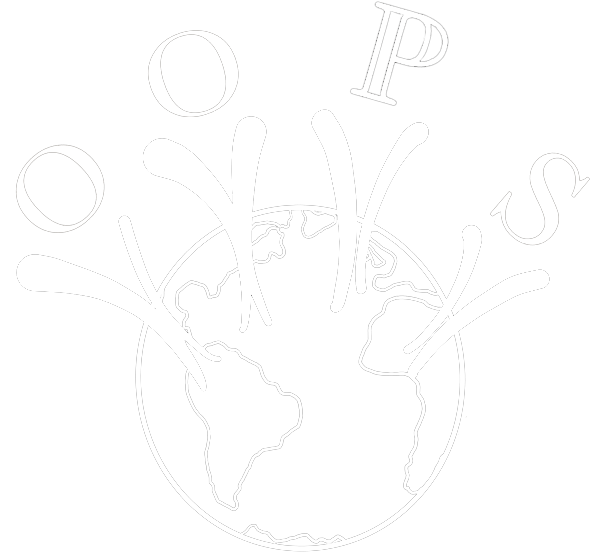Metastability for interacting particle systems
Frank den Hollander and Elena Pulvirenti
Metastability is a wide-spread phenomenon in the dynamics of non-linear systems subject noise. In the narrower perspective of statistical physics, metastable behaviour can be seen as the dynamical manifestation of a first-order phase transition.
A fruitful approach to metastability is via potential theory. The key point is the realisation that most questions of interest can be reduced to the computation of capacities, and that these capacities in turn can be estimated by exploiting variational principles. In this way, the metastable dynamics of the system can essentially be understood via an analysis of its statics. This constitutes a major simplification, and acts as a guiding principle. The setting of potential theory relevant for interacting particle systems is that of reversible Markov processes.
Within this limitation, there is a wide range of models that are adequate to describe a variety of different systems. Our aim is to unveil the common universal features of these systems with respect to their metastable behaviour.
The first lecture will be an introduction to metastability. In the other three lectures, we will focus on three examples in detail:
- Kawasaki dynamics on lattices.
- Glauber dynamics on random graphs.
- Widom-Rowlinson dynamics on the continuum.
Reference: Anton Bovier and Frank den Hollander, Metastability -- a Potential-Theoretic Approach, Grundlehren der mathematischen Wissenschaften 351, Springer, Berlin, 2015.
